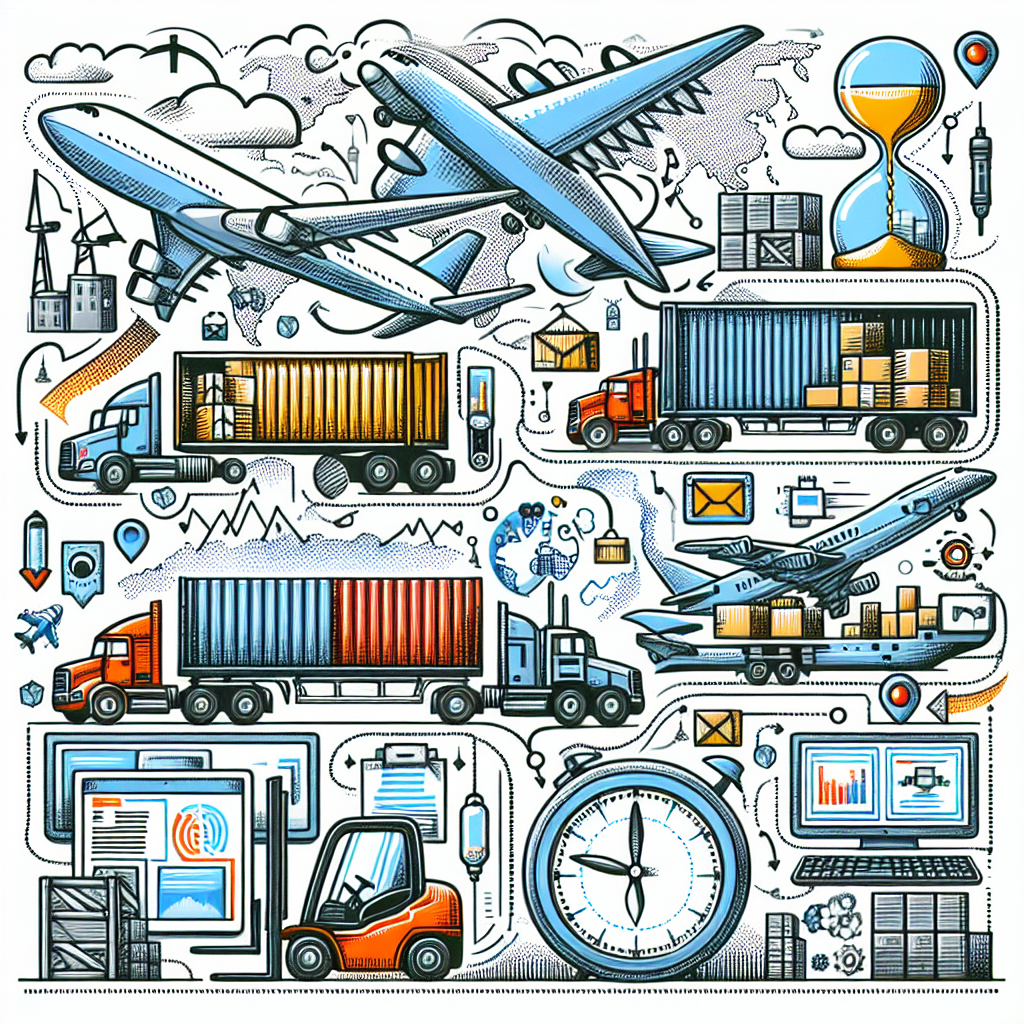The traditional logistics industry, which has long been plagued by redundant processes and data siloes, is witnessing a transformation on an unparalleled scale. Blockchain, a decentralized and transparent data management system, offers a myriad of solutions to these systemic logistical challenges.

Blockchain: A Game-Changer for the Logistics Industry
At the heart of blockchain technology is a simple yet powerful principle: transparency. Unlike traditional systems, where information is stored in a centralized location, blockchain data is stored across a network of computers. This decentralized nature of blockchain makes it extremely difficult for data to be altered or deleted, ensuring data integrity and transparency.
Such transparency is crucial in the logistics industry, where coordination between various stakeholders – manufacturers, suppliers, transporters, and consumers – is essential.
Blockchain enables real-time visibility of each transaction, thereby fostering trust among all involved parties.
Improving Traceability with Blockchain
One of the most significant advantages of blockchain technology in logistics is enhanced traceability. Today, consumers and businesses alike demand to know the origin of their products and the supply chain processes involved in delivering them.
With blockchain, each product can be tracked from its origin to its final destination. This level of traceability helps reduce counterfeit goods, ensures quality control, and aids in recall management.
For businesses, it means a more reliable supply chain and increased customer confidence.
Reducing Inefficiencies through Blockchain
Operational inefficiencies are a common challenge in the logistics industry, often resulting in increased costs and delays. However, blockchain technology can streamline operations and reduce these inefficiencies.
Smart contracts, a feature of blockchain technology, are self-executing contracts with the terms directly written into code. They automatically trigger actions or payments once conditions are met, eliminating the need for intermediaries and reducing time and costs.
Moreover, blockchain provides an immutable record of each transaction, reducing the need for paperwork and manual verification. This can lead to significant cost savings and increase operational efficiency in the logistics sector.
Future of Blockchain in Logistics
While blockchain technology is already making waves in the logistics industry, its potential is far from being fully realized. Recently, there has been an increased emphasis on developing blockchain standards for the logistics sector, which would further enhance interoperability and trust among stakeholders.
Additionally, combining blockchain with other emerging technologies, such as the Internet of Things (IoT) and artificial intelligence (AI), could lead to even more comprehensive and efficient logistics solutions. For example, IoT-enabled devices could provide real-time data to a blockchain network, further enhancing traceability and transparency.
Blockchain technology has the potential to revolutionize the logistics industry. By enhancing transparency, improving traceability, and reducing inefficiencies, it offers a promising solution to some of the sector’s most pressing challenges. As adoption continues to grow, the future of logistics may very well be shaped by the power of blockchain.